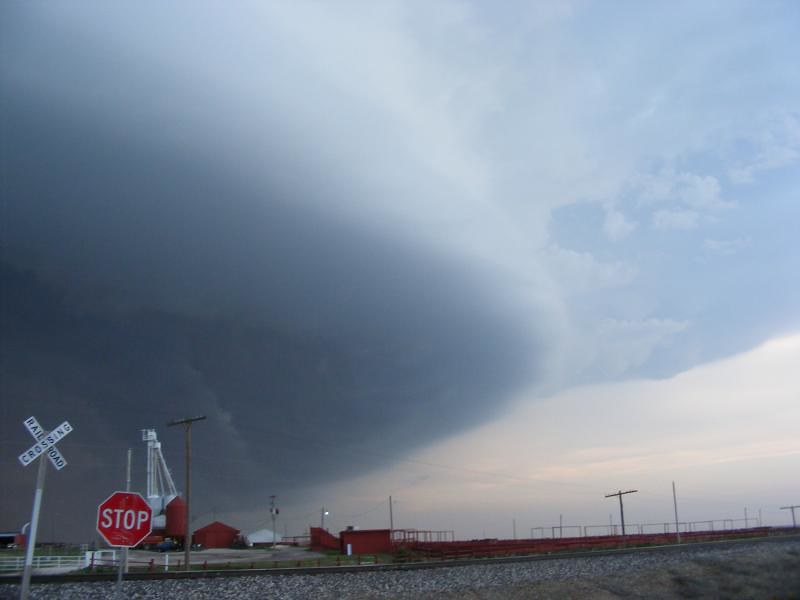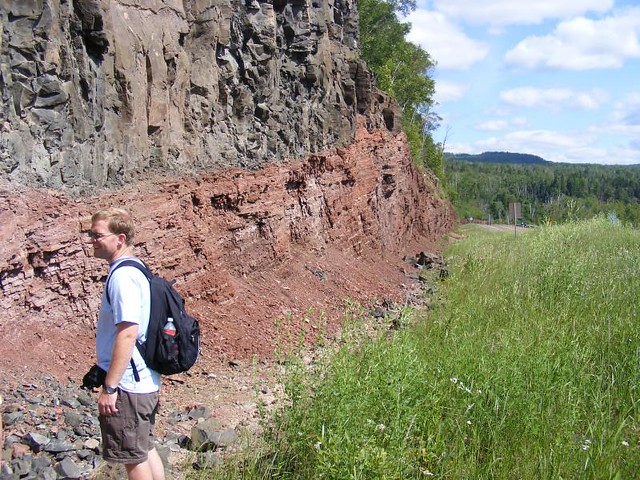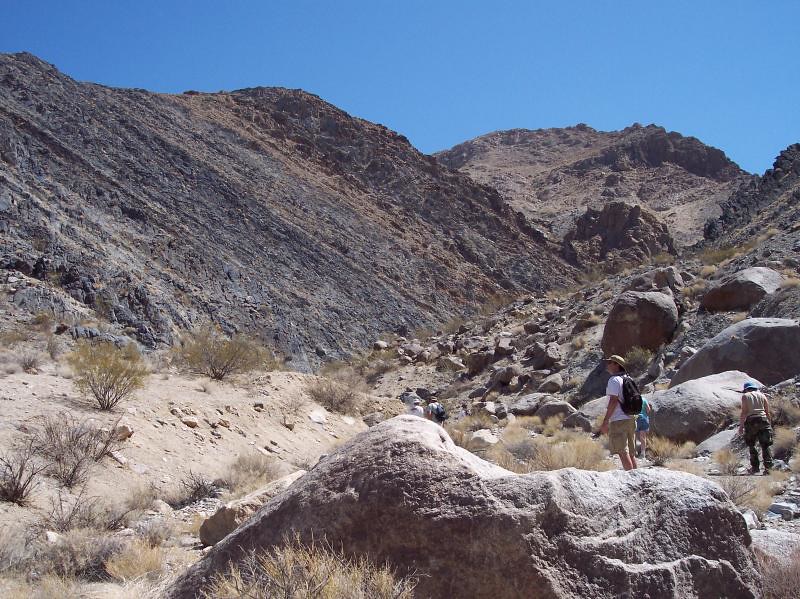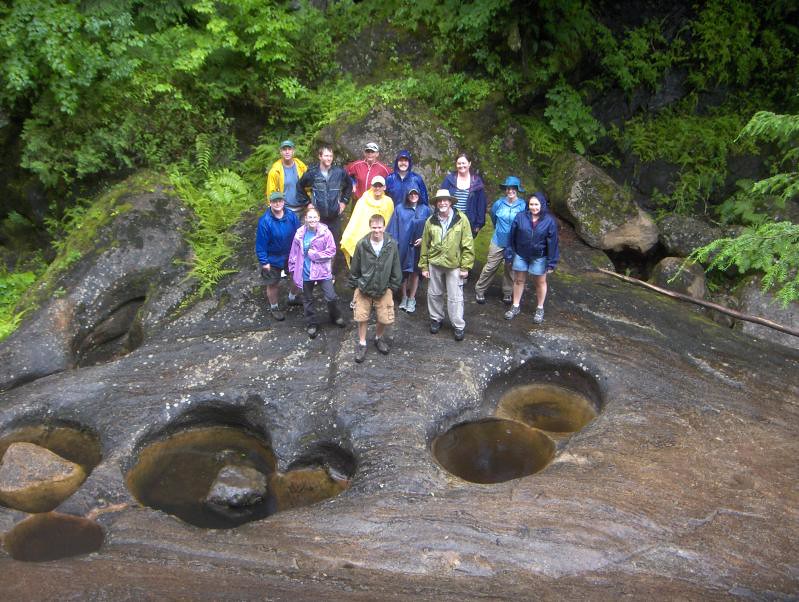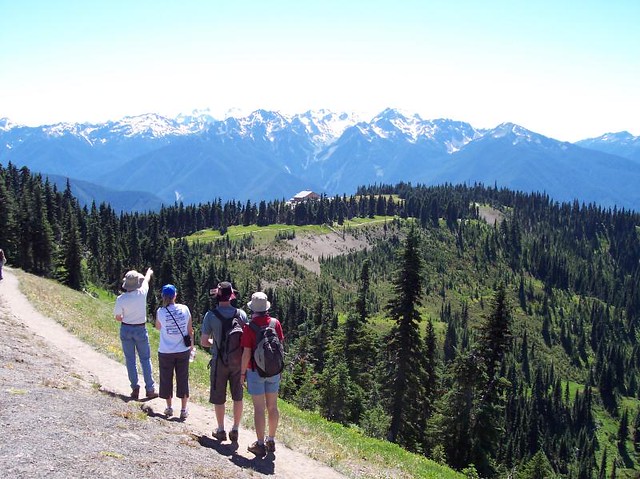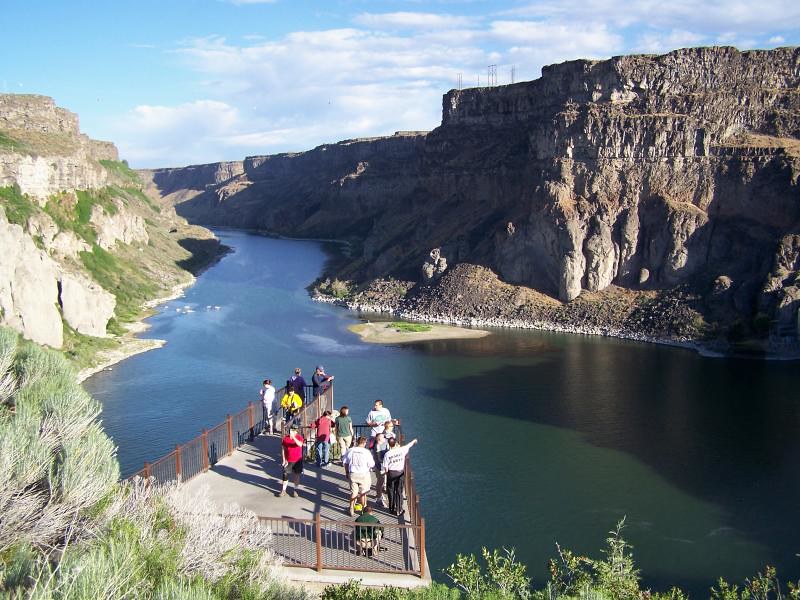Advance Your Career with a Degree from Mississippi State
M.S. in Geosciences – Environmental Geosciences Concentration
This 30-credit hour, non-thesis program is designed for students interested in a broad, interdisciplinary approach to the geosciences. Offered fully online, it provides flexibility to balance your education with your personal and professional commitments.
12/4/2026
Semesters Offered:
Spring, Fall, Summer
30 Hours
Number of Courses:
10 Courses
$558.50
Instructional Support Fee per credit hour:
$25.00
All students receive In-State tuition
Program Highlights
The M.S. in Geosciences – Environmental Geosciences Concentration is a flexible, 30-credit hour program designed to fit your schedule. Students complete 10 courses (3 credit hours each), with the option of studying part-time or full-time.
- 100% Online Courses: All courses are delivered online on a semester schedule using Canvas, a platform built for online learning. Course materials include lectures, assignments, exams, and interactive study guides.
- Flexible Pace: Most students take two courses per semester, but you can choose to take just one if needed.
- Expert Instruction: Courses are taught by faculty with advanced degrees and real-world experience in geosciences.
- Explore a wide range of topics: Learn through 10 engaging courses, including ocean science, climatology, Geographic Information Systems (GIS), and natural hazards.
- Optional Summer Opportunity: Students may decide to take the Field Methods Seminar course. Speak with a program advisor to learn more about this optional experience.
- Non-Thesis: There is no thesis requirement for this course.
- Final Course Options: In your final semester, you'll take GR 8583 - Environmental Geosciences Capstone Experience.
- Comprehensive Exam: Upon completing all coursework, students must pass a comprehensive written exam to earn the degree.
Downloads
Information about program curriculum and timelines can be viewed here
Career Opportunities
Graduates of the Environmental Geosciences concentration go on to work in a variety of fields, including:
- Geotechnician
- Research Assistant
- GIS Analyst
- Remote Sensing Specialist
- Environmental Consultant
- Petroleum Geoscientist
- Educator
Commonly Asked Questions
Does this program accept transfer credit?
The Department of Geosciences does not accept prior credit for any of the MS-ENGS courses. However, course substitution is allowed using MSU Geosciences courses when an individual is already proficient in one of the program requirements.
Will the diploma say it was earned online?
No, diplomas from Mississippi State University do not show whether the requirements were met through online or in-person courses
What Our Students Say
“Mississippi State offered exactly what I wanted, a full accredited Master’s Degree, with the academic integrity of Mississippi State, and that of a leading Geoscience program in the nation. The faculty were very inviting and at the time, it seemed to me I needed to look no further than MSU. The one item that gained my attention, is the field experience at the end of the program that culminates all that the program is designed for. I could not have found a better opportunity than MSU!”
– Joseph Gosnell,
Alum Amboy, IN
Admissions – Online M.S. in Environmental Geosciences (MS-ENGS)
Ready to advance your education with a flexible, fully online master’s degree in geosciences? Follow the steps below to apply for the Master of Science in Geosciences – Environmental Geosciences Concentration at Mississippi State University.
Admissions Requirements
- Bachelor’s Degree: Must be from a fully accredited four-year institution.
- GPA Requirement: Minimum 2.75 GPA on the last 60 hours of undergraduate coursework.
- Prerequisite Courses:
- GG 1113 – Physical Geology (or equivalent)
- GR 1133 – Weather and Climate (or equivalent) These courses—and any additional prerequisites—can be completed online through MS State if needed.
How to Apply
-
Complete the Online Application
- Apply to MSU Graduate School
- Include a Statement of Purpose and provide the names and email addresses of three references who will submit letters of recommendation. Each reference will receive a secure link to upload their letter.
-
Submit the Application Fee
- $60 (domestic) or $80 (international)
- Online payment is accepted through the MS State Admissions portal.
-
Submit Official Transcripts
- Email to: gradapps@grad.msstate.edu
- Mail to:
- MSU Graduate School
- P.O. Box G
- Mississippi State, MS 39762-5507
After You're Admitted
- You’ll receive official notification once accepted via the MS State admissions portal.
- Complete Online@State Orientation to prepare for MS State’s online learning environment.
- Review the admissions checklist located within the admissions portal for
- Purchase textbooks 2–3 weeks before classes begin through Barnes & Noble at MSU.
Applications are accepted year-round. You can apply at any time and begin your studies in the Fall, Spring, or Summer semester.
Academic Advising for Online Geosciences Students
Advising is an essential part of your success in the Master of Science in Geosciences – Environmental Geosciences Concentration. Whether you're just getting started or preparing to graduate, our dedicated academic advisor is here to guide you every step of the way.

Meet Your Academic Advisor
Yasma Jacobs provides personalized advising for all students in the MS-ENGS program. From choosing the right courses to planning your path to graduation, she’s here to support you throughout your academic journey.
Geospatial Technologies Minor (GIS Minor)
Enhance Your Graduate Degree with In-Demand GIS and Remote Sensing Skills
The Department of Geosciences at Mississippi State University offers a flexible Geospatial and Remote Sensing Technologies minor designed to complement your master’s degree and expand your career opportunities. This fully online GIS minor equips students with essential skills in geographic information systems (GIS), remote sensing, and spatial data management.
Course Options
Choose four courses from the list below to complete the GIS minor:
Fall Semester
- GR 6303 Principles of GIS (also offered in summer)
- GR 6333 Remote Sensing Phys Env
- GR 6363 GIS Programming
Spring Courses
- GR 6353 Geodatabase Design
- GR 6313 Advanced GIS
Summer Courses
- GR 6343 Advanced Remote Sensing
How to Declare the GIS Minor
Current MSU graduate students can request to add the GIS minor by completing the official form.
By submitting this form, you formally declare your intent to pursue the Geospatial Technologies minor alongside your graduate degree.
A committee request form will also be required during your final 1–2 semesters.








